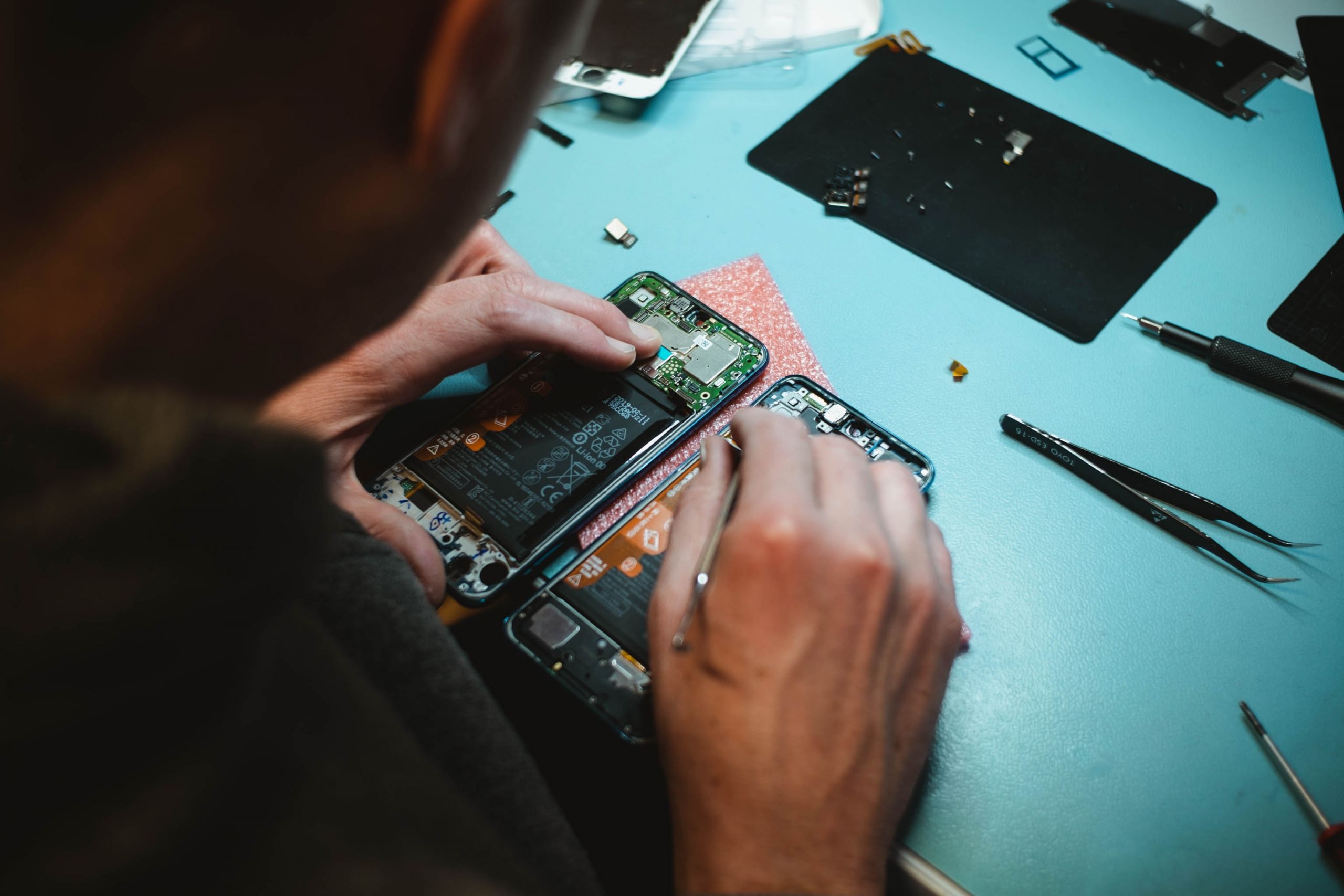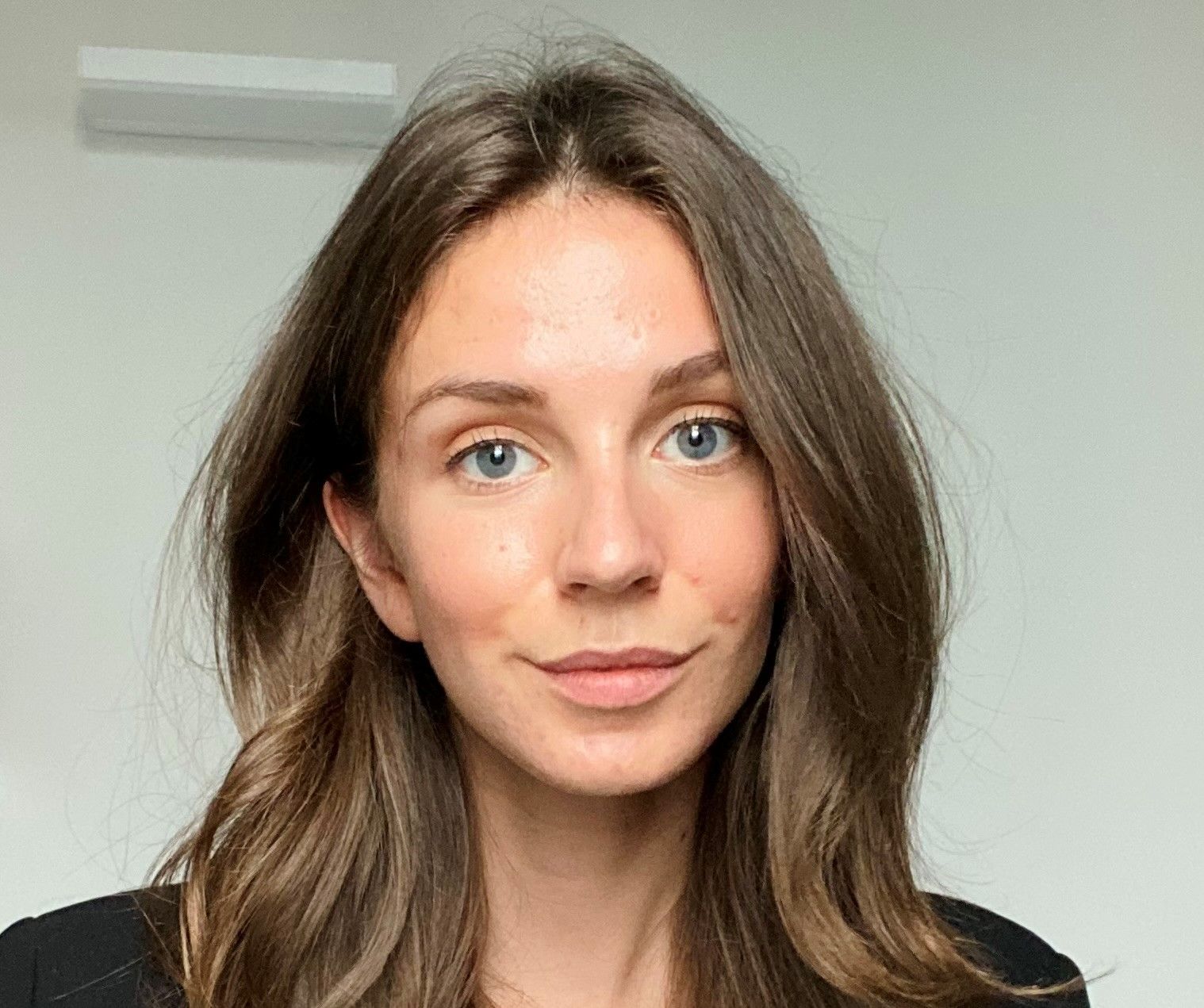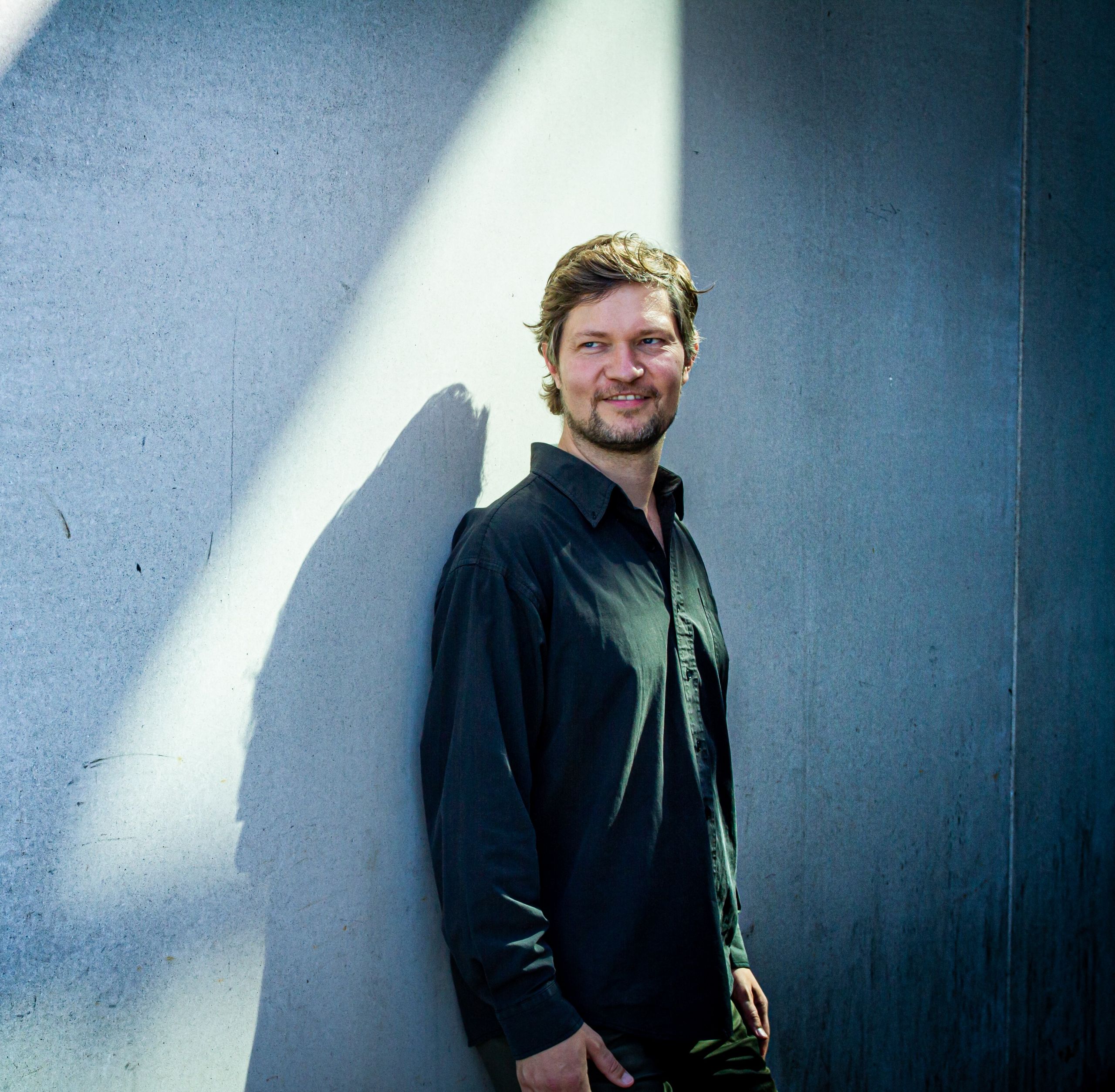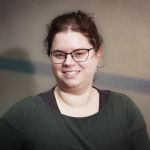Alternative research presentation: write a report that your parents would understand

With a new report on circular supply chains, cell phones and computers, the authors hope that their approach with more accessible language and easy-to-skim text will capture the attention of a broader audience. Photo: Kilian Seiler.
Katinka Bjørndal Thomsen wanted to write a report about circular supply chains related to smartphones and computers that everyone could read and benefit from – including her parents.
What did you do with your old smartphone? Chances are it is in the bottom of a drawer somewhere. E-waste is one of the fastest growing waste streams in the world. Only 17.4% of e-waste is collected and recycled properly. With the report Circular Supply Chain Transformation: Challenges, Opportunities, and Trade-offs for Circular Smartphones and Computers, the team of authors from the Department of Operations Management hopes to enlighten all decision makers, both purchasers in companies, politicians as well as consumers, in a way that differs from a scientific article.
“Our aim with the report is to reach a broader target group than we would be able to by presenting our findings in a scientific article. Practically everyone has a smartphone and laptop today, which is why we found it the perfect showcase for how circular supply chains work in a broader context,” says Katinka Bjørndal Thomsen, former student assistant at the department and one of the authors behind the report.

Katinka Bjørndal Thomsen, one of the authors of the report.
When it comes to reusing and refurbishing smartphones and computers, she believes that everyone has a role to play, also consumers.
“Your choices regarding your current or future smartphone and laptop will have an impact,” she says.
This is why it was very important for Katinka Bjørndal Thomsen and her co-author Anika Schulte to write a report that everyone could understand. Both have graduated now, but were enrolled as students at CBS while working on the report in the department as student assistants with research responsibilities. Katinka now has a bachelor degree in International Business and Politics, while Anika Schulte holds a master degree in Supply Chain Management.
“We wanted to explain the topic in a way that everyone would understand and relate to – including, for instance, our parents,” she says.
For Katinka Bjørndal Thomsen, her parents are a good example of people who can use a report like this – people who would not normally read a scientific article. Neither of her parents are professional purchasers, but both work (or have worked) in public and private institutions where they influence which IT hardware is bought. With the knowledge and findings presented in the report, they will be better equipped to nudge purchasing decisions in a sustainable direction.
Language and “scrollability” are most important
For the report to reach a broader audience, it was essential for Katinka Bjørndal Thomsen and her co-author Anika Schulte that the language was reader friendly.
“It was crucial for us that the report was written in a language that anyone with a decent high school English level could understand. We have explained most, if not all, of the technical terms in fact boxes and never assumed that our readers knew what we were talking about. This is also why we introduced the concepts of circular economy and circular supply chains at the beginning of the report,” she says.
She finds that the process of writing the report for professional and non-professional purchasers has been an exciting rhetorical challenge.

Report by Katinka Bjørndal Thomsen & Anika Schulte.
“It has been an interesting balancing act to write the report for professionals, who already know the topic, and for people who have no prior knowledge of circular supply chains at the same time,” says Katinka Bjørndal Thomsen.
Besides balancing the content, another important point for the authors was that readers did not have to read the entire 40-page report to understand it. Therefore, every section can be read separately.
“We wanted people to be able to skim through the report and dive into the sections that appeal most to them. We know that many decision makers do not have time to read the entire report, but if they take away the key points, it is already a great success for us,” says Katinka Bjørndal Thomsen.
Never forget theory
Andreas Wieland, associate professor at the Department of Operations Management, was one of the three editors of the report. One of the roles he, professor Frank Fürstenberg and assistant professor Philip Beske-Janssen played was to make sure that the theory was on point. He emphasises that other researchers should be aware of this if they plan on writing a report or other publication to attract more attention to the research.

Andreas Wieland, co-editor of the report. Photo: Anna Holte.
“An academic report still requires a lot of theory, and it is important that you do not forget that when you make the report easier to read,” he says.
Both Andreas Wieland and Katinka Bjørndal Thomsen have received a lot of positive feedback on their report. On LinkedIn and from interviewees.

































































































































Comments